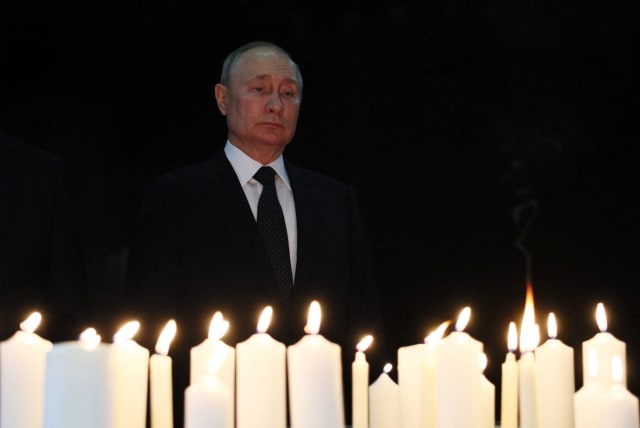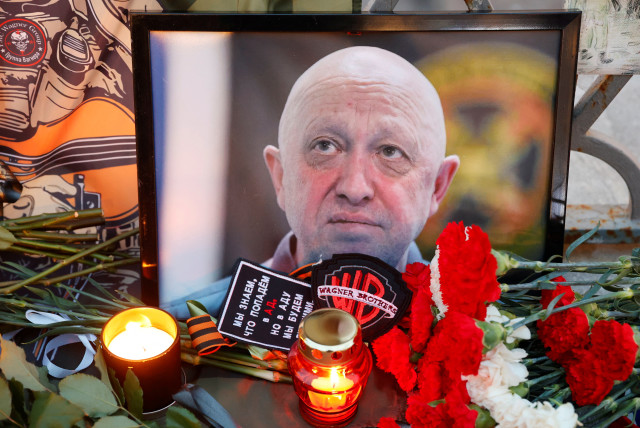Nerve gas, gunshots and falling from the window: The bitter end of Putin's enemies

The crash of Yevgeny Prigozhin's plane joins a chain of violent events, whose traces lead to one place - the Kremlin.
Political rivals, defecting spies, and investigative journalists have been murdered or attacked in Russia and abroad throughout Vladimir Putin's rule.
Some have been poisoned, shot at close range, or have mysteriously fallen out of a window.
Until the crash of Wagner Group leader Yevgeny Prigozhin's plane on Wednesday, none of them had been killed in an aircraft accident, which Western officials said was caused by a deliberate explosion of the plane, possibly by bombs.
Prigozhin, who was on the plane with other senior members of the mercenary organization, had led an unprecedented rebellion led by the Russian military just two months earlier, in what was the biggest challenge to Putin's quarter-century rule.
As in all previous cases, the Kremlin vigorously denied any involvement in the death of the rival and former partner of the Russian president.
Putin's most prominent fallen rivals:
Among the latest prominent figures to fall victim to a mysterious attack was Alexei Navalny, the opposition leader who fell ill during a flight from Siberia to Moscow.
The plane made an emergency landing in the city of Omsk, where Navalny was hospitalized and fell into a coma. Two days later, he was flown to Berlin where he underwent treatment and recovered from what was described by his supporters and Western countries as a poisoning.
Laboratories in Western countries have confirmed that he was hit by the deadly nerve agent, Novichok, which he says was sprinkled in his underwear, while Moscow has rejected these accusations.
Although he knew the risks facing him, Navalny returned to Russia after a few months and was immediately arrested.
Since then he has been convicted of a series of crimes, the latest of which is "extremism," and was subsequently sentenced to more than 20 years in a prison penal colony.
Navalny and the Western countries see this as political persecution by the Kremlin.
In 2018, the founder of the protest group Pussy Riot, Pyotr Verzilov, became seriously ill and was flown to Berlin, where doctors said he was "highly likely" to have been poisoned. He eventually made a full recovery.
Earlier that year, Verzilov embarrassed Putin when he burst onto the field at the World Cup final in Moscow with three other activists cheering against police brutality.
His supporters said that he may have been attacked because of his activity against the authorities.
Jerusalem Post Store
`; document.getElementById("linkPremium").innerHTML = cont; var divWithLink = document.getElementById("premium-link"); if (divWithLink !== null && divWithLink !== 'undefined') { divWithLink.style.border = "solid 1px #cb0f3e"; divWithLink.style.textAlign = "center"; divWithLink.style.marginBottom = "15px"; divWithLink.style.marginTop = "15px"; divWithLink.style.width = "100%"; divWithLink.style.backgroundColor = "#122952"; divWithLink.style.color = "#ffffff"; divWithLink.style.lineHeight = "1.5"; } } (function (v, i) { });

